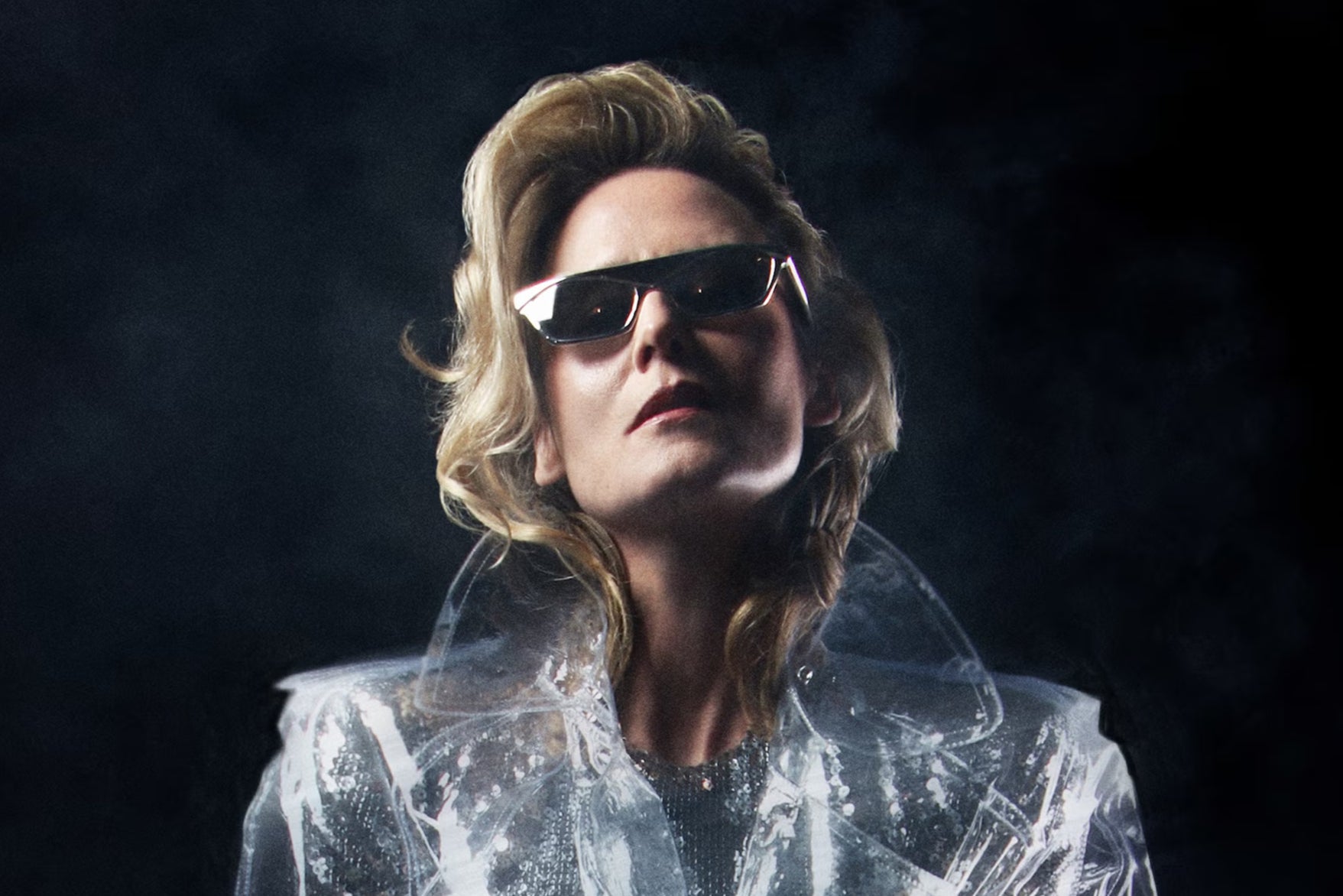I believe in trans rights. I like Roisin Murphy. Let’s talk…
It’s time to ditch entrenched and polarised positions for extended and nuanced debate about trans issues, says Laura Barton

To begin, a few important points: one, I believe inexorably in the rights of trans people; two, I really like Róisín Murphy; three, not everyone will agree with me on matters one and two; four, I was personally disappointed to learn that Róisín Murphy has a Facebook account.
You will likely have read that, a few weeks ago, Murphy, the much-admired Irish singer and record producer, met with opprobrium after a screenshot emerged of comments she had made on Facebook: “Puberty blockers are f***ed, absolutely desolate,” she wrote. “Big pharma laughing all the way to the bank. Little mixed-up kids are vulnerable and need to be protected, that’s just true.”
Murphy’s fanbase, a large swathe of which is made up of the LGBT+ community, reeled somewhat. Her record label, Ninja Tune, stepped back from promoting her new record. This week, BBC 6 Music quietly shelved the scheduled broadcast of Murphy’s Artist Collection – five hours of the singer’s music, interviews and concert recordings. The broadcaster has denied the decision was connected to the puberty blocker furore, but the timing was striking.
The conversation around trans issues – one that has touched on identity, surgery, puberty blockers, sports teams, toilets, prisons and more, has raged with great volume and ferocity in recent years. It has made victims and villains on both sides. It has razed, redirected and resurrected the careers of academics, journalists, politicians and more.
It’s strange when this conversation encounters the Arts, because our notion of the artistic community is that it is expansive and inclusive and part of the cultural vanguard. So when an artist such as Murphy or Bette Midler, Macy Gray, Carlos Santana or Alice Cooper makes remarks that question trans experience, it feels somehow more perplexing; as if there must have been some mistake or misinterpretation. Over the last week or so, it has been awkward to witness both music fans and album reviewers wrestle with the confusion of loathing Murphy’s views and loving her new record.
Coincidentally, this week also saw the launch of Political Currency, a new economics podcast co-hosted by former Labour shadow chancellor Ed Balls and former Tory chancellor George Osborne. It follows the colossal success of The Rest Is Politics, which unites one-time Labour spin doctor Alastair Campbell and the former Conservative MP for Penrith and the Border, Rory Stewart.
The idea is one of opposing perspectives engaging in extended and nuanced debate. As the show’s hosts discuss everything from Brexit to budget cuts, the Iraq War to international development, the conversation ranges widely and at times grows thorny. By each episode’s end, positions may have been reinforced or opinions may have shifted, but along the way, our understanding of these differing perspectives grows, our compassion expands and our connection deepens.
What concerns me most about the nature of the conversation around trans issues is how different it is from these kinds of discussions; how binary, how polarised, how entrenched it has become. People occupy a position, then sit there, fiercely incubating their opinion. It’s such a peculiarly static approach to such a rich and variegated subject, and I cannot see how it helps either camp or moves us forward as a society. As Murphy herself put it in her apology: “I understand fixed views are not helpful.”
Of course, many have questioned the motivation behind that apology, but I think we should always be allowed to evolve our thinking; to mess up and say we were wrong, and fearful, and uninformed. Most of all, we should always listen in both directions – many need to hear the pain and distress of how it feels to be born in the wrong body, for instance; others need to grasp why the rights and the space fought for by ciswomen still feel so new and so fragile.

I do not have answers to the particulars. I don’t know how we solve all those issues of identity, surgery, puberty blockers, sports teams, toilets, prisons and more. But what I do know is that if there are conversations to be had, they should be held openly. They should be discussed on the pages of our newspapers, and on our airwaves. Those five hours on 6 Music ought to have been given over to this very conversation.
A few years ago, I made a radio documentary about the founders of Our Bodies, Ourselves, the groundbreaking book on women’s health and sexuality. First published in 1970, it addressed everything from the clitoris to abortion, lesbianism to postnatal depression, menstruation, masturbation, motherhood and menopause. Written by women, for women, it placed factual information alongside first-person stories and prided itself on challenging the male medical elite.
While it sold more than 4 million copies in over 33 countries, it also caused controversy – the predictable book-burning outrage of the Christian right, but also the criticism that it catered largely to an audience that was, like its founders, white, Western, able-bodied and well-educated. The answer, its founders told me, lay in listening to others’ experiences and inviting in new contributors; each subsequent new edition expanding the understanding of what it means to be a woman.
In 2014, there came the publication of the first edition of Trans Bodies, Trans Selves, which grew out of extensive conversations between editor Laura Erickson-Schroth and the original OBO founders. I think about these women a lot – particularly whenever the “trans debate” rises up once more, horns locked and voices raised on social media.
I think of how Erickson-Schroth told me that for her, the book has come to stand as something of a symbol, not just of trans rights and acceptance, but of our immense human capacity to handle multiple perspectives, opinions, positions; our ability to find new understanding and feel ourselves welcomed. “Our lives are intertwined,” she said. “We are all fighting the same fight from different angles.”





